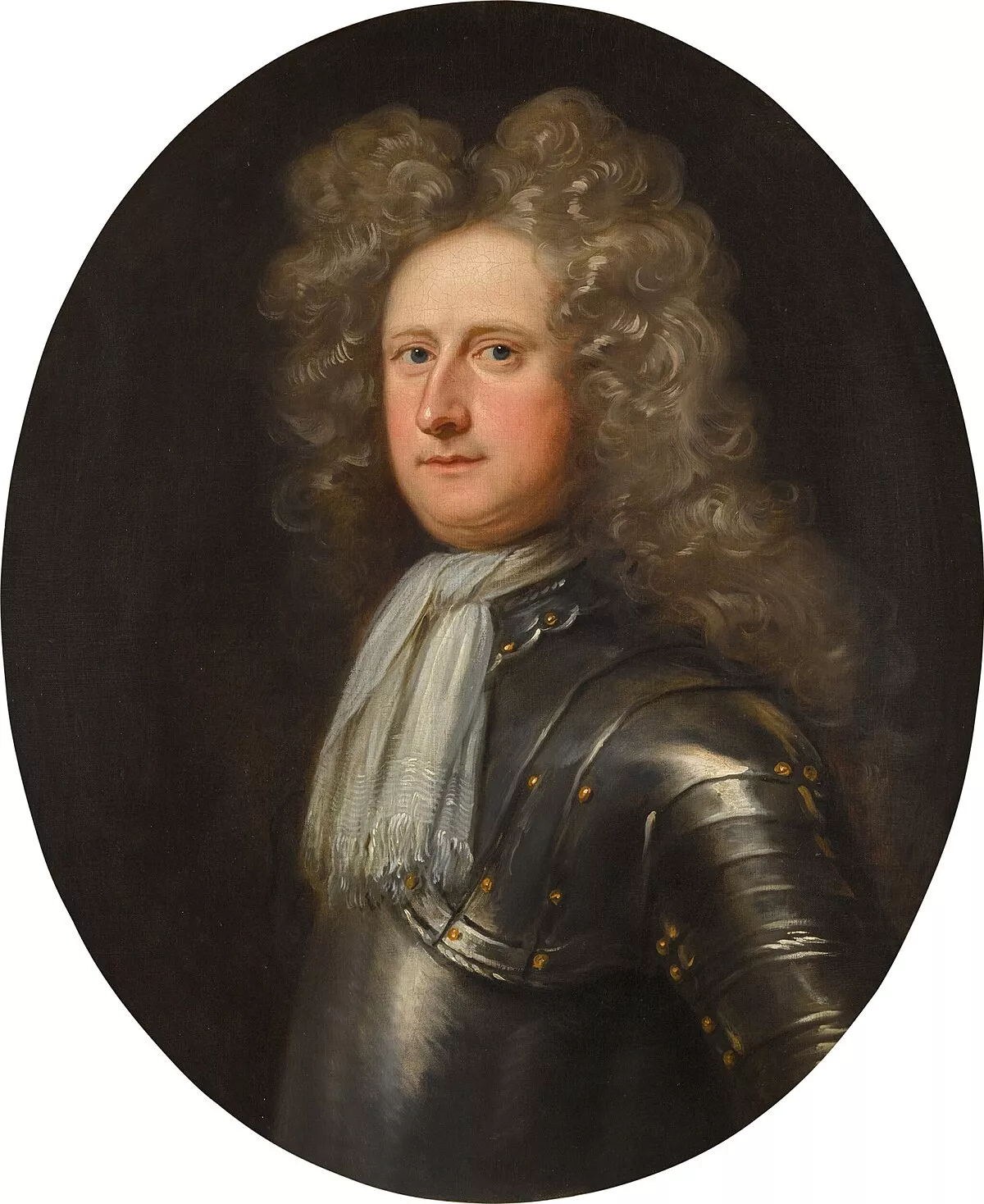 1.
1. Samuel Shute was an English military officer and royal governor of the provinces of Massachusetts and New Hampshire.

 1.
1. Samuel Shute was an English military officer and royal governor of the provinces of Massachusetts and New Hampshire.
Samuel Shute's tenure was marked by virulent disagreements with the Massachusetts assembly on a variety of issues, and by poorly conducted diplomacy with respect to the Native American Wabanaki Confederacy of northern New England that led to Dummer's War.
Samuel Shute's protests resulted in the issuance in 1725 of the Explanatory Charter, essentially confirming his position in the disputes with the assembly.
Samuel Shute did not return to New England, being replaced as governor in 1728 by William Burnet, and refused to be considered for reappointment after Burnet's sudden death in 1729.
Samuel Shute was the eldest of six children of Benjamin Shute, a London merchant.
Samuel Shute's mother, identified in sources as Elizabeth, Patience, or Mary, was the daughter of Joseph Caryl, a dissenting Presbyterian clergyman.
Samuel Shute then attended the Leiden University in Holland and subsequently entered the English army, serving under William III.
Samuel Shute was a captain of that cavalry regiment when he was wounded at the 1704 Battle of Blenheim; by the end of the war he had a full promotion to Lieutenant Colonel and a brevet promotion to colonel.
Samuel Shute signaled his partisanship by first taking up residence with Paul Dudley, son of the last-appointed governor Joseph Dudley and a land bank opponent, rather than Acting Governor William Tailer.
Lieutenant Governor George Vaughan, who had been acting as governor for a year before Samuel Shute's arrival, insisted on claiming full authority to act when Samuel Shute was not present in that province.
One positive event connected with the administration of Governor Samuel Shute was the resettlement of a large number of Scotch emigrants from the north of Ireland.
Samuel Shute made other grants of townships in land that is part of the modern state of New Hampshire.
However, much of southwestern New Hampshire was at the time disputed between the two provinces Samuel Shute governed, and grants he made in that area went to Massachusetts interests.
Samuel Shute engaged in a wide array of disputes with the Massachusetts General Court concerning the royal prerogative and other issues.
The faction that had secured Burges' appointment supported a private land bank proposal that would issue bills secured by private property, while the Dudleys and their supporters, who backed Samuel Shute, favored the idea of paper that was backed by gold.
Samuel Shute sought to crack down on this behavior, earning the enmity of Cooke and others.
In 1718 Cooke was nominated to serve on the Governor's Council by the assembly, but Samuel Shute vetoed the choice.
The assembly, for its part, refused to appoint anyone else, and the following year seated a different speaker before Samuel Shute was given notice of his election.
The assembly could only formally be called into session and adjourned by the governor, and provided one means by which the governor could control the assembly; Samuel Shute took issue with a temporary adjournment of six days.
Samuel Shute attempted to impose press censorship after Cooke partisans published pamphlets harshly criticizing his policies, but the assembly refused to pass the proposed legislation, effectively legitimizing freedom of the press in the province.
Samuel Shute protested the presence of the French Jesuit priest Sebastian Rale, who lived among the Kennebec in central Maine, demanding that he be removed.
Samuel Shute dismissed the letter as "insolent and menacing", and sent militia forces to Arrowsic.
Samuel Shute asserted, based on Rale's influence, that the Wabanaki claims were part of a French intrigue to further French claims to the disputed areas.
The militia recovered a strongbox containing his papers, which Samuel Shute used to reinforce the claims of French involvement.
Samuel Shute reiterated British claims of sovereignty over the disputed areas in letters to the Lords of Trade and to Governor General Philippe de Rigaud Vaudreuil of New France.
Samuel Shute's opponents were represented by Jeremiah Dummer and Elisha Cooke, the former having long served as colonial agent in London, and the latter being chosen by the assembly to put forward its case.
Samuel Shute's arguments were accepted by the council, and only the diplomacy of Dummer convinced the council not to revoke the colonial charter.
Samuel Shute was preparing to return to Massachusetts in 1727 when King George I died.
The Massachusetts and New Hampshire governorships were given to William Burnet, then the governor of New York and New Jersey, and Samuel Shute was given a pension.
Samuel Shute was apparently considered again for the post, but demurred, implicitly offering his support instead to Jonathan Belcher, who was actively seeking the post.